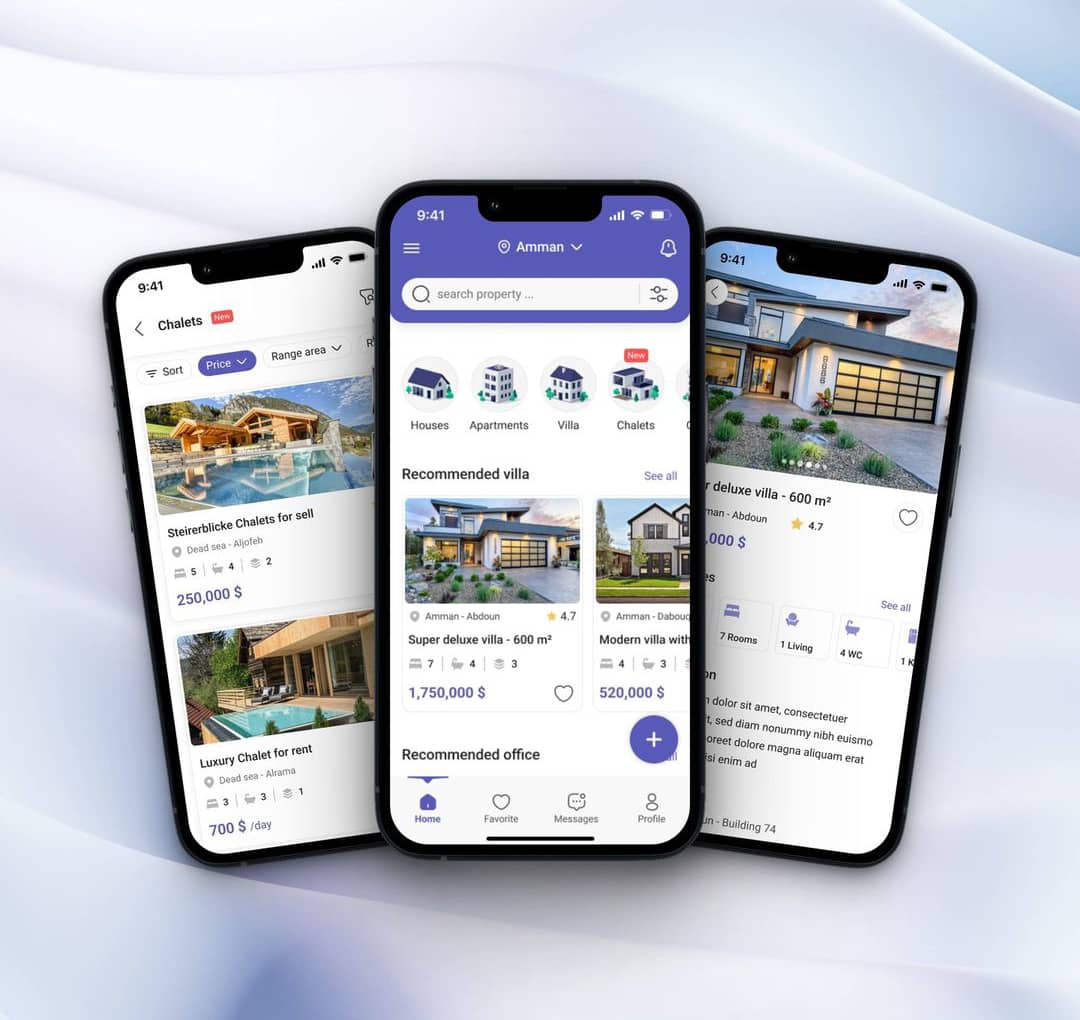Building a mobile app is an exciting venture. Whether you’re a startup founder or a business owner, creating a mobile app can open up endless possibilities for growth and engagement. But before you jump into the app development process, it’s crucial to understand some of the hidden realities that most mobile app developers won’t tell you.
I’m Nwachukwu Patrick, founder of Rick Development Company, where we specialize in building websites and mobile apps that make a real impact. After years of experience working with startups and enterprises alike, I’ve witnessed many businesses enter the mobile app development process without fully understanding the challenges ahead.
To help you avoid common pitfalls and set yourself up for success, here are 7 hidden truths you must know before building your mobile app.
1. Mobile Apps Aren’t Cheap — And The Cost Can Skyrocket
One of the biggest misconceptions in mobile app development is that it’s an affordable project. While you can find developers offering cheap solutions, creating a fully functional, high-quality mobile app will require significant investment. Here’s why:
- Development Costs: Whether you opt for native apps or cross-platform apps, development will require specialized skills in coding, UI/UX design, and back-end integration. For an app to be functional, intuitive, and secure, you need a team of professionals.
- Maintenance and Updates: Once your app is built, it doesn’t stop costing money. Regular maintenance, bug fixes, and updates are essential to keeping your app functional and secure.
- Third-Party Services: If you plan to integrate APIs or third-party services (like payment gateways, cloud storage, etc.), they come with their own costs, and these can add up quickly.
Pro Tip: When planning your budget, don’t forget to account for ongoing costs and unforeseen expenses. At Rick Development Company, we ensure clients are aware of all costs involved in the process, from development to post-launch.
2. Your App’s Success Depends on Its User Experience (UX)
It’s not just about building an app—it’s about building an app users will actually love and use regularly. User experience (UX) plays a critical role in this. If your app is difficult to navigate, slow, or confusing, users won’t stick around for long.
- First Impressions Matter: The first time a user opens your app, they should immediately understand how it works and what it offers. If the interface isn’t intuitive, it’ll leave users frustrated.
- Loading Time: Slow load times can kill your app’s success. Research shows that 53% of users abandon an app if it takes more than 3 seconds to load.
- Mobile-First Design: Remember, users will be interacting with your app on a small screen. Designing for mobile first is essential, ensuring everything fits and functions smoothly on different devices.
Pro Tip: Always prioritize user testing and feedback during the development process. At Rick Development Company, we make UX a priority from the start to ensure your app is both beautiful and functional.
3. The App Store Review Process is Tough — Be Ready for Delays
Once your app is developed, you may be excited to launch it on the App Store or Google Play Store. However, the app review process can be much more challenging than you expect.
- Approval Delays: Both Apple and Google have strict guidelines for app submissions. If your app doesn’t meet their standards (whether it’s in design, functionality, or content), it will be rejected or delayed.
- Rejection Reasons: Common reasons for rejection include poor performance, crashing bugs, or privacy policy issues. If you’re not careful, you could face multiple rounds of rejection, which can delay your launch and increase costs.
Pro Tip: Don’t rush the submission process. Make sure your app is fully tested and compliant with platform guidelines. Rick Development Company ensures our apps meet all the necessary standards before submission to avoid delays.
4. Security Risks Are Real — Don’t Skimp on Protection
Mobile apps can be prime targets for hackers, especially if they handle sensitive user data or transactions. Data breaches, identity theft, and unauthorized access can lead to massive reputational damage and legal consequences.
- Data Encryption: If your app collects any form of personal data, it must be encrypted to prevent unauthorized access.
- Secure APIs: If your app communicates with external servers or services, ensure that the APIs are secured to prevent malicious attacks.
- Privacy Concerns: Compliance with regulations like GDPR or CCPA is critical. Make sure your app has the necessary privacy policies and data protection mechanisms in place.
Pro Tip: Always prioritize security during the development phase. At Rick Development Company, we take security seriously by implementing the latest encryption methods and ensuring compliance with privacy laws.
5. Post-Launch Updates Are Essential — You Can’t Ignore Them
Building an app isn’t a one-time event. After launching your app, your job isn’t finished. Regular updates are crucial for maintaining the app’s performance and relevance.
- Bug Fixes: Every app has bugs—some are discovered only after launch. Regular bug fixing ensures that your app remains functional and user-friendly.
- Feature Additions: Your users may request new features, or you might identify opportunities for improvement. Regular updates keep your app fresh and engaging.
- Operating System Compatibility: As new versions of iOS and Android are released, your app needs to stay compatible with the latest OS updates to avoid breaking functionality.
Pro Tip: Always have a post-launch strategy that includes continuous updates and feedback loops. At Rick Development Company, we provide ongoing support to ensure your app continues to perform optimally after launch.
6. Mobile Apps Require Effective Marketing
You can build the best mobile app in the world, but if no one knows about it, it’s not going to be successful. Marketing your app is just as important as building it.
- App Store Optimization (ASO): To get noticed in the crowded app stores, you need to optimize your app’s listing with the right keywords, attractive visuals, and compelling descriptions.
- Social Media & Influencers: Promoting your app on social media and leveraging influencers can help drive initial downloads and create buzz around your app.
- App Launch Campaigns: Plan a strategic marketing campaign that targets your ideal audience.
Pro Tip: App marketing is an ongoing effort. We assist clients with not only the development but also the marketing strategies that ensure their app reaches its target audience.
7. Your App Might Not Be the Solution — Evaluate the Need First
One of the most overlooked truths is that not every business needs a mobile app. Depending on your business model, a mobile app might not be the best solution, and other digital alternatives like responsive websites or Progressive Web Apps (PWAs) might be more suitable.
- Cost vs. ROI: Assess whether the return on investment (ROI) justifies the cost of building and maintaining an app.
- User Needs: Understand your audience’s behavior. If they don’t typically engage with apps, a mobile website might be a better choice.
Pro Tip: Don’t rush into app development without evaluating all your options. We help our clients carefully assess their needs and choose the best digital solutions for their business goals.
Conclusion:
Building a mobile app is a rewarding venture, but it requires careful planning, investment, and dedication. By understanding these 7 hidden truths, you’ll be better prepared to navigate the complexities of mobile app development and ensure that your project is a success.
Rick Development Company, we specialize in creating high-quality mobile apps and websites that are secure, user-friendly, and built to last. If you’re ready to start your mobile app journey, feel free to reach out to us. We’ll help you turn your idea into a thriving, successful app.







